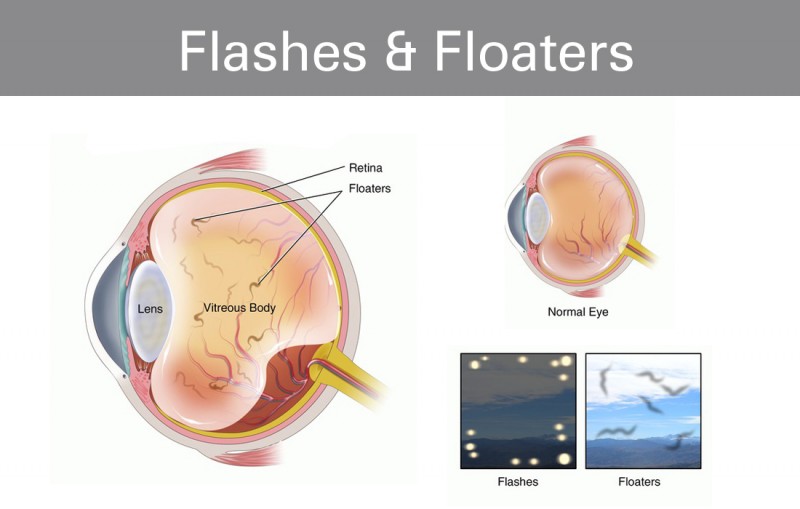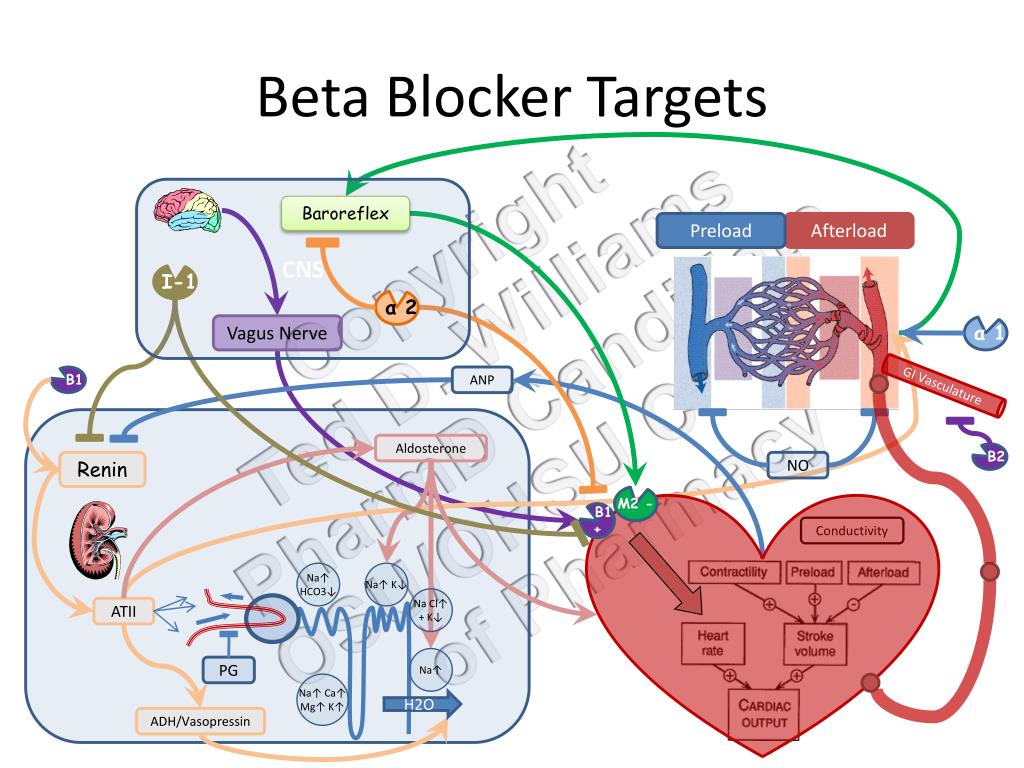Vinegar's Impact on Glucose Uptake in Muscles - Unraveling the Science

The Glucose-Lowering Effects of Vinegar
Vinegar has been shown to have a glucose-lowering effect in patients with glucose abnormalities. This natural and easily accessible ingredient has been gaining attention for its potential to manage blood sugar levels.
Understanding the Mechanisms
The mechanisms of this effect are still not fully understood, but research suggests that vinegar may improve blood glucose by:
- inhibiting α-amylase action, which slows down carbohydrate digestion and absorption
- increasing glucose uptake in muscles, making glucose available for energy production
- mediating transcription factors, which regulate gene expression and glucose metabolism
These mechanisms contribute to vinegar's glucose-lowering effects, making it a potential adjunct therapy for managing blood sugar levels.
Implications for Glucose Uptake in Muscles
The increased glucose uptake in muscles is a significant finding, as it suggests that vinegar may improve insulin sensitivity and glucose metabolism. This could have important implications for individuals with type 2 diabetes or prediabetes, who often struggle with insulin resistance and impaired glucose uptake in muscles.
Vinegar's Effect on Insulin-Stimulated Glucose Uptake
Enhanced Glucose Uptake in Forearm Muscle
Research has shown that consuming vinegar can significantly increase insulin-stimulated glucose uptake by the forearm muscle in individuals with type 2 diabetes. This groundbreaking finding suggests that vinegar may play a crucial role in improving glucose metabolism and insulin sensitivity in skeletal muscle.
Improved Insulin Action in Skeletal Muscle
The increase in glucose uptake facilitated by vinegar consumption demonstrates an improvement in insulin action in skeletal muscle. This is a critical discovery, as impaired insulin action is a hallmark of type 2 diabetes. By enhancing glucose uptake, vinegar may help mitigate insulin resistance, a key factor in the development and progression of the disease.
The Potential Benefits of Vinegar for Diabetics
Exploring the Therapeutic Potential of Vinegar
Vinegar has been touted as a potential adjunct to traditional diabetes management strategies, particularly in improving insulin sensitivity and reducing postprandial glucose levels. The acetic acid present in vinegar may play a crucial role in enhancing glucose uptake in muscles, thereby mitigating the risk of developing insulin resistance and type 2 diabetes.
Enhancing Insulin Sensitivity
Studies have demonstrated that vinegar consumption may increase insulin sensitivity, allowing glucose to enter muscle cells more efficiently. This could be particularly beneficial for individuals with insulin resistance or type 2 diabetes, as it may help regulate blood sugar levels and improve overall glucose metabolism.
Reducing Postprandial Glucose Levels
Vinegar has also been shown to reduce postprandial glucose levels, which can help mitigate the risk of developing cardiovascular complications associated with diabetes. By slowing the absorption of glucose into the bloodstream, vinegar may help regulate blood sugar spikes and improve overall glucose control.
The Need for Further Research
While the existing evidence suggests a potential benefit of vinegar in diabetes management, more research is needed to fully understand the effects of vinegar on glucose metabolism and its potential as a therapeutic agent for diabetes. Further studies should aim to elucidate the optimal dosage, duration, and mode of vinegar consumption for maximum benefit.
Conclusion
Vinegar's impact on glucose uptake in muscles is a promising area of research, with potential implications for the management of diabetes and related metabolic disorders. The existing evidence suggests that vinegar's active compound, acetic acid, plays a crucial role in enhancing glucose uptake in skeletal muscles, thereby improving insulin sensitivity and glucose metabolism.
Future Directions
Further studies are needed to fully elucidate the mechanisms of vinegar's effects and to explore its potential as a therapeutic agent. These studies should aim to:
- Investigate the optimal dosage and duration of vinegar supplementation for maximum benefits
- Examine the effects of vinegar on glucose uptake in different muscle types and fiber types
- Uncover the molecular mechanisms underlying vinegar's effects on glucose metabolism
- Explore the potential of vinegar as an adjunct therapy for diabetes and related metabolic disorders
Implications for Public Health
If the findings of vinegar's effects on glucose uptake are confirmed in future studies, it may have significant implications for public health. Vinegar is a readily available, inexpensive, and non-invasive intervention that could be easily incorporated into daily life. Its potential to improve insulin sensitivity and glucose metabolism could lead to better management of diabetes and related metabolic disorders, reducing the risk of complications and improving quality of life.















Comments ()